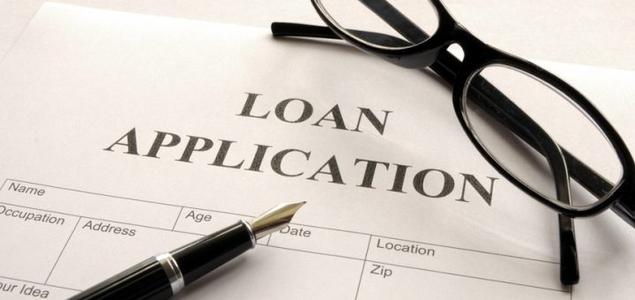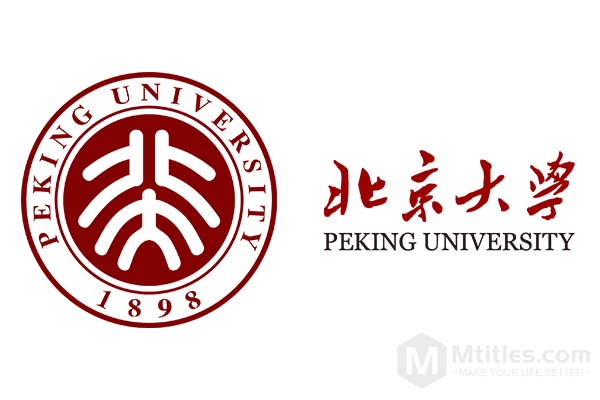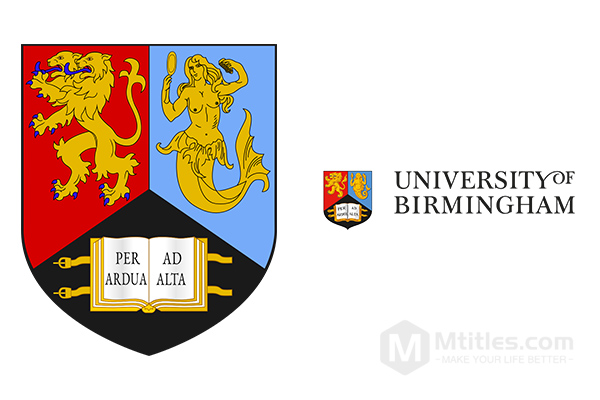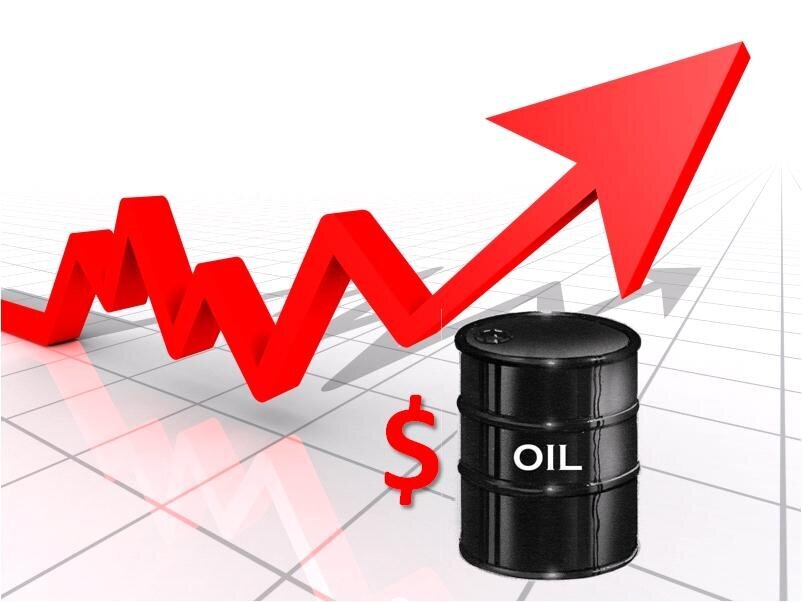General mortgage and maximum mortgage
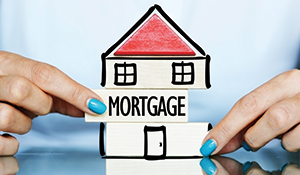
The general mortgage is the ordinary form of the mortgage, is usually real estate as collateral and fix the mortgage. The guarantee may be held by the debtor or by a third party other than the debtor and does not have to be transferred to creditors for possession. Therefore, after the mortgage is established, the debtor or a third party can still dispose or transfer his real estate. The general mortgage is the guarantee of the agreed property right, the establishment of the mortgage must be entered into by the parties in a written agreement which is the mortgage contract, and must be registered to take effect. The general mortgage is the most common form of mortgage, in the case of unspecified, the so-called mortgage refers to the ordinary mortgage.
The maximum amount of the mortgage refers to the agreement between the mortgagee and the mortgagor debtor which, within the maximum amount of the creditor's property, guarantee the dorsey to claims that have taken place continuously within a certain period of time. The maximum amount of the mortgage relates to the mortgage right of the debt secured by the debt in the future, which is subject to a certain margin of guarantee by the continuation of the legal relationship that may occur in the future. In fact, it is a mortgage to obtain future claims. The difference between the maximum mortgage and the general mortgage is as follows: First, the maximum amount and the actual amount, the guaranteed claim for capital may have a change at any time in the future, but the maximum amount is limited, the actual principal claim exceeds this limit, its maximum amount is limited; Second, the final accounting period, the actual amount of the principal insured claim, must be determined at a certain period, and therefore there is a period of calculation, the final accounting period depends on the maximum mortgage basis of the contractual relationship.
A homeowner's mortgage is a mortgage of his own, fixed on all his property. The mortgage should have been fixed on the property of the debtor or a third party and is secured by the property of another person, so that the mortgage can exist only on the property of another person in principle, which is why the mortgage is his right of ownership. But the exception is that the owner of a mortgage is the mortgage that the mortgagee has on all his own properties. The owner's mortgage is therefore a special mortgage.



